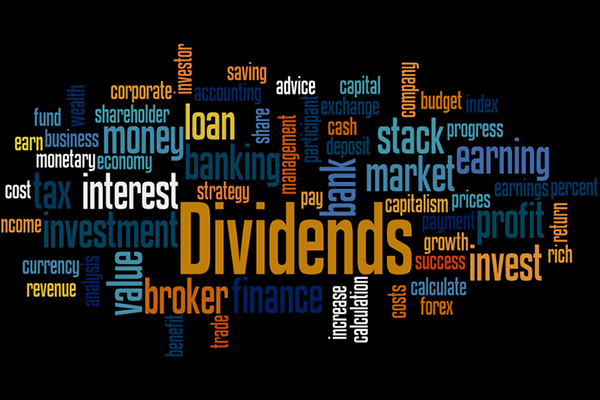How one income fund has managed to dodge all the dividend cuts
The fund has not seen a single dividend suspension or cut among its holdings so far.
19th May 2020 17:25
by Tom Bailey from interactive investor
The fund has not seen a single dividend suspension or cut among its holdings so far.

Many income-focused fund managers would probably rather forget the past three months, with scores of once reliable dividend-payers cutting or suspending millions of pounds in payouts.
Facing this onslaught of dividend payment cuts, the Investment Association has gone so far as to suspend the enforcement of the rules that decide whether a fund qualifies for inclusion in its global and UK equity income sectors.
The Guinness Global Equity Income fund, however, has somehow managed to navigate the crisis with its portfolio intact. So far, it has not seen a single dividend suspension or cut among its holdings. Managers Mathew Page and Ian Mortimer say that while there is some uncertainty for a small number of their holdings, their outlook is broadly positive.
The two managers say they expect their fund’s dividend distribution to be similar to that of 2019. Any changes to the distribution, they say, will likely be the result of foreign exchange movements or portfolio changes, rather than their existing holdings cutting or suspending payouts.
According to a new paper published by the fund’s managers, their approach to dividend investing has (so far) allowed them to avoid cuts.
Page and Mortimer note that they generally look for companies with a reliably high return on capital, and strong balance sheets. As a result, they have avoided many of the more troubled sectors of the economy, such as house-builders, restaurants, banks, energy companies and airlines, despite the often generous yields to be found.
- Why quality growth companies are gems during lockdown and after
This approach has resulted in them being overweight consumer staples and healthcare. These two sectors comprise 50% of their portfolio, compared to 21% of the MSCI World index. That bias has served them well in the current crisis; as they observe: “These are sectors that have generally avoided significant cuts.”
More specifically, however, they point to five characteristics that make a company less likely to cut its dividend.
First, its demand should remain robust. An example of this in its portfolio is Nestle, which was recently cited by Goldman Sachs as one of its ‘GRANOLA’ stocks.
The other characteristics they look out for include an asset-light business model (Microsoft), an absence of near-term refinancing needs (Novo Nordisk, another GRANOLA), significant family ownership (Roche, also a GRANOLA), and a strong credit rating (Johnson & Johnson).
While a company does not necessarily need all five of these characteristics, each one should be seen as indicating the increased reliability of a company’s dividend policy.
When it comes to credit rating, the managers of Guinness Global Equity Income point out that the fund’s portfolio companies have generally high credit ratings. They point out that 71% of companies in their portfolio have a bond credit rating of at least A+ or A. In comparison, only 23% of companies in the MSCI World index do.
The managers also point out that had they held today’s portfolio through the financial crisis of 2007-09, just one of their holdings would have cut its dividend (Schneider Electric, which cut in 2009). While six of their current holdings did not increase their dividend in 2009, the rest did, by an average of 14%.
This article was originally published in our sister magazine Money Observer, which ceased publication in August 2020.
These articles are provided for information purposes only. Occasionally, an opinion about whether to buy or sell a specific investment may be provided by third parties. The content is not intended to be a personal recommendation to buy or sell any financial instrument or product, or to adopt any investment strategy as it is not provided based on an assessment of your investing knowledge and experience, your financial situation or your investment objectives. The value of your investments, and the income derived from them, may go down as well as up. You may not get back all the money that you invest. The investments referred to in this article may not be suitable for all investors, and if in doubt, an investor should seek advice from a qualified investment adviser.
Full performance can be found on the company or index summary page on the interactive investor website. Simply click on the company's or index name highlighted in the article.